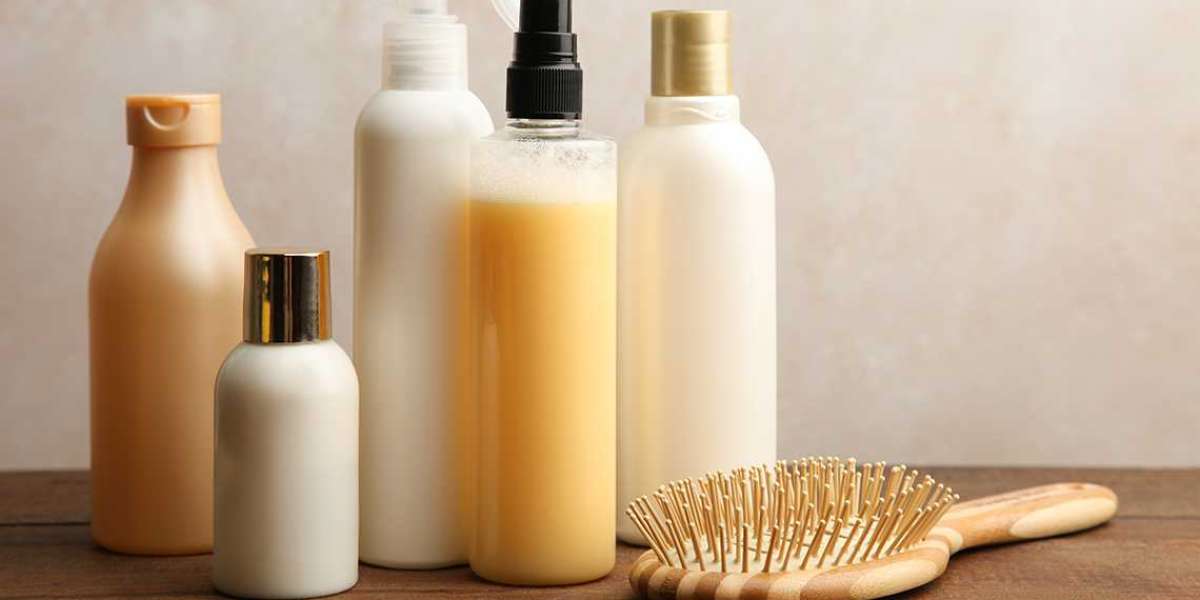Hair oil has emerged as a fundamental element in hair care routines around the globe, revered for its nourishing properties and ability to enhance overall hair health. This comprehensive guide delves into the various types of hair oils, their unique benefits, and how to incorporate them into your daily regimen for optimal results.
Understanding Hair Oil: What Is It?
Hair oil is a blend of natural oils formulated to penetrate the hair shaft, offering deep hydration and protection. Typically composed of vegetable oils, essential oils, and other nourishing ingredients, hair oil can transform dry, damaged locks into a vibrant mane.
Types of Hair Oils and Their Unique Benefits
Coconut Oil
- Penetration: Renowned for its ability to penetrate the hair shaft effectively, coconut oil reduces protein loss, making it suitable for both damaged and healthy hair.
- Moisture Retention: Its high saturated fat content helps retain moisture, preventing dryness and brittleness.
Argan Oil
- Rich in Antioxidants: Packed with Vitamin E and fatty acids, argan oil is a powerful antioxidant that combats free radicals.
- Frizz Control: Lightweight and non-greasy, it effectively tames frizz and adds shine without weighing hair down.
Jojoba Oil
- Scalp Health: Mimicking the natural sebum produced by our scalp, jojoba oil moisturizes without clogging pores.
- Balancing: It helps balance oil production, making it suitable for oily hair types.
Olive Oil
- Deep Conditioning: Olive oil acts as a natural conditioner, penetrating deeply to nourish and soften.
- Repairing Properties: It aids in repairing split ends and damage, promoting healthier hair growth.
Castor Oil
- Hair Growth: Known for promoting hair growth, castor oil contains high levels of ricinoleic acid.
- Thickening: Regular use can lead to thicker, fuller hair.
Benefits of Using Hair Oil
Enhanced Moisture and Hydration
Incorporating hair oil into your routine helps seal in moisture, ensuring your hair remains hydrated. This is particularly crucial for individuals with dry or curly hair, which tends to lose moisture quickly.
Improved Manageability
Hair oils make your hair more manageable. They reduce tangling and friction, facilitating smoother styling and minimizing breakage during combing.
Protection Against Environmental Damage
Hair oil creates a protective barrier against environmental stressors, such as pollution and UV rays, essential for maintaining overall hair health and appearance.
Soothing Scalp Irritation
Many hair oils have anti-inflammatory properties that can soothe an irritated scalp, benefiting those with dandruff or other scalp conditions.
How to Use Hair Oil for Best Results
Pre-Wash Treatment
Applying hair oil before washing serves as a protective layer. Here’s how:
- Apply: Warm a few drops of oil in your palms and massage into your scalp and hair.
- Wait: Leave it on for at least 30 minutes or overnight for deeper penetration.
- Wash: Follow with your regular shampoo and conditioner routine.
Post-Wash Treatment
Using hair oil after washing helps lock in moisture:
- Damp Hair Application: Apply a small amount of oil to damp hair to prevent frizz and enhance shine.
- Styling Aid: Use a few drops on dry hair as a finishing touch to tame flyaways and add gloss.
Scalp Massage
Regular scalp massages with hair oil stimulate blood circulation, promoting healthier hair growth:
- Frequency: Aim for a weekly scalp massage using your favorite oil.
- Technique: Use your fingertips to gently massage the oil into your scalp in circular motions.
Choosing the Right Hair Oil for Your Hair Type
Fine Hair
Opt for lighter oils like argan oil or jojoba oil that won’t weigh your hair down. Use sparingly to maintain volume.
Thick or Curly Hair
Heavier oils such as coconut oil or castor oil provide deep hydration and manage frizz effectively.
Color-Treated Hair
Consider using oils rich in antioxidants like argan oil to protect color and maintain vibrancy.
Dry or Damaged Hair
Choose oils that offer repair and nourishment, such as olive oil or coconut oil, to significantly improve texture and health.
Common Myths About Hair Oil
Myth 1: Hair Oil Makes Hair Greasy
While excessive use can lead to greasiness, using the right amount tailored to your hair type will enhance shine without creating a greasy appearance.
Myth 2: All Oils Are the Same
Different oils possess unique properties and benefits. Understanding these differences allows for better selection tailored to individual needs.
Myth 3: Oil Application Hinders Hair Growth
On the contrary, oil can promote a healthier scalp environment and encourage growth when used appropriately.
Conclusion: Elevate Your Hair Care Routine with Hair Oil
Incorporating hair oil into your hair care routine can yield remarkable benefits, from enhanced moisture and shine to improved manageability and protection against damage. By selecting the right type of oil and applying it correctly, you can transform your hair into a vibrant, healthy mane that looks and feels fantastic.







